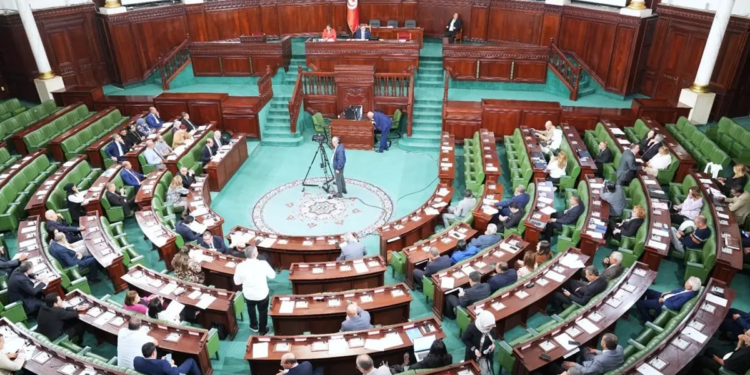The Assembly of People’s Representatives began the article-by-article examination of the 2026 finance bill on Tuesday, November 18, during a joint session bringing together its Finance and Budget Committee and that of the National Council of Regions and Districts.
The discussions focused primarily on the provisions enshrining the social role of the State, in particular the fight against graduate unemployment.
A start of an examination devoted to the social role of the State
Gathered within a double committee, the deputies opened the debates on the first axis of the bill: the social dimension of public action.
This component, considered a priority by several elected officials, deals with job creation, considered “one of the main challenges of the period”. The parliamentarians stressed the need for a system that is both effective, sustainable and in line with the economic realities of the regions.
The work quickly highlighted the strong expectations around the 2026 budget: reduction in unemployment, support for productive investment and prioritization of spending with a social impact.
Article 13 at the heart of the debates: encouraging the hiring of graduates
One of the first provisions examined in detail was Article 13, which targets the professional integration of higher education graduates in the private sector.
Representatives of the Ministry of Finance explained that this measure is based on a direct incentive mechanism.
The State would cover the employers’ contribution to social security schemes, in exchange, private companies would undertake to recruit university degree holders, the final objective being to sustainably reduce youth unemployment.
A budgetary project which promises to be dense
Beyond Article 13, MEPs underlined the need for a rigorous examination of the text, focused on the balance between social imperatives and financial constraints.
The next sessions should address other employment support mechanisms, but also tax measures, investment mechanisms and macroeconomic forecasts which will structure the 2026 budget.
The two commissions will also have to assess the real impact of the planned incentives and verify their ability to revive the labor market without widening the deficits.
Read also








